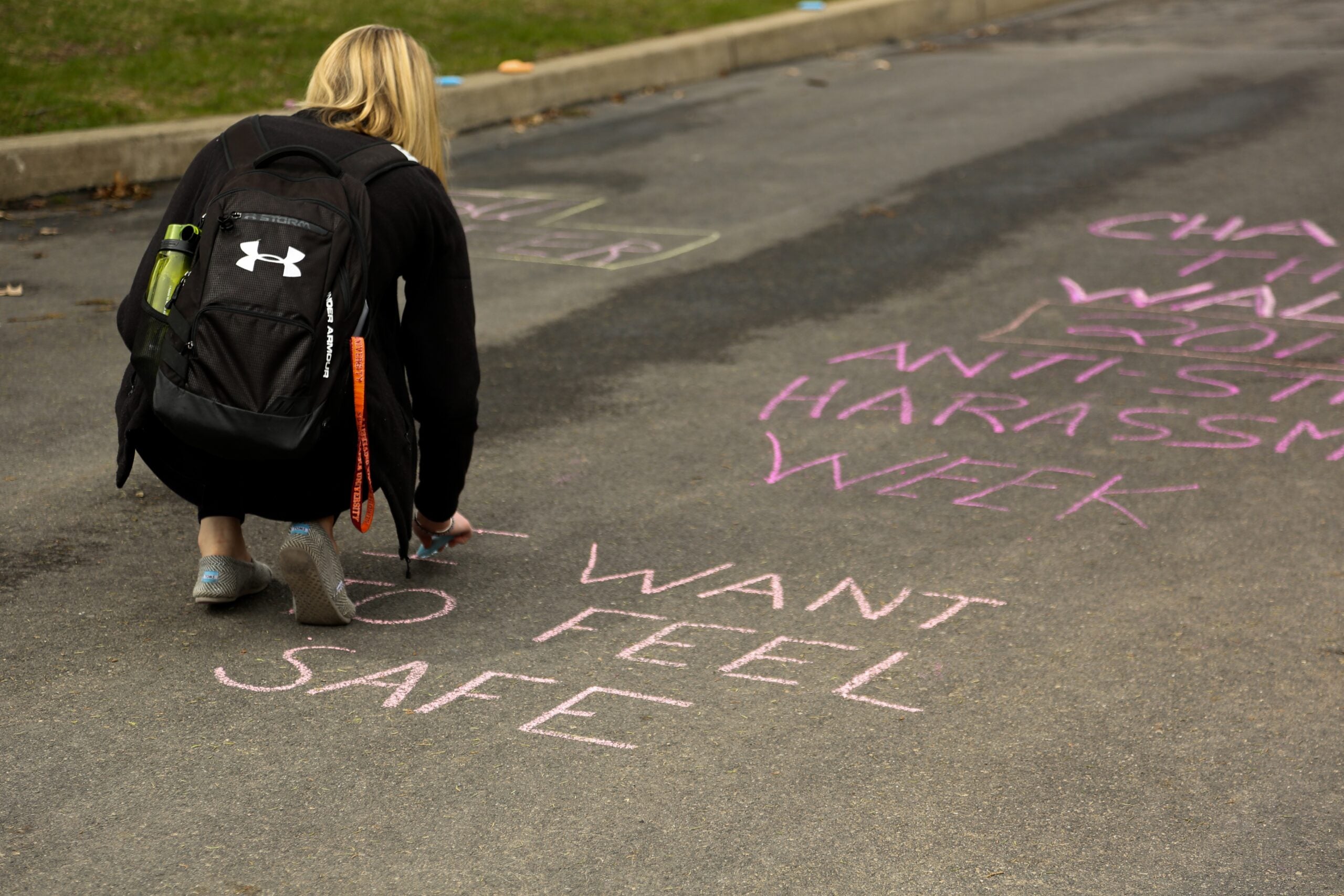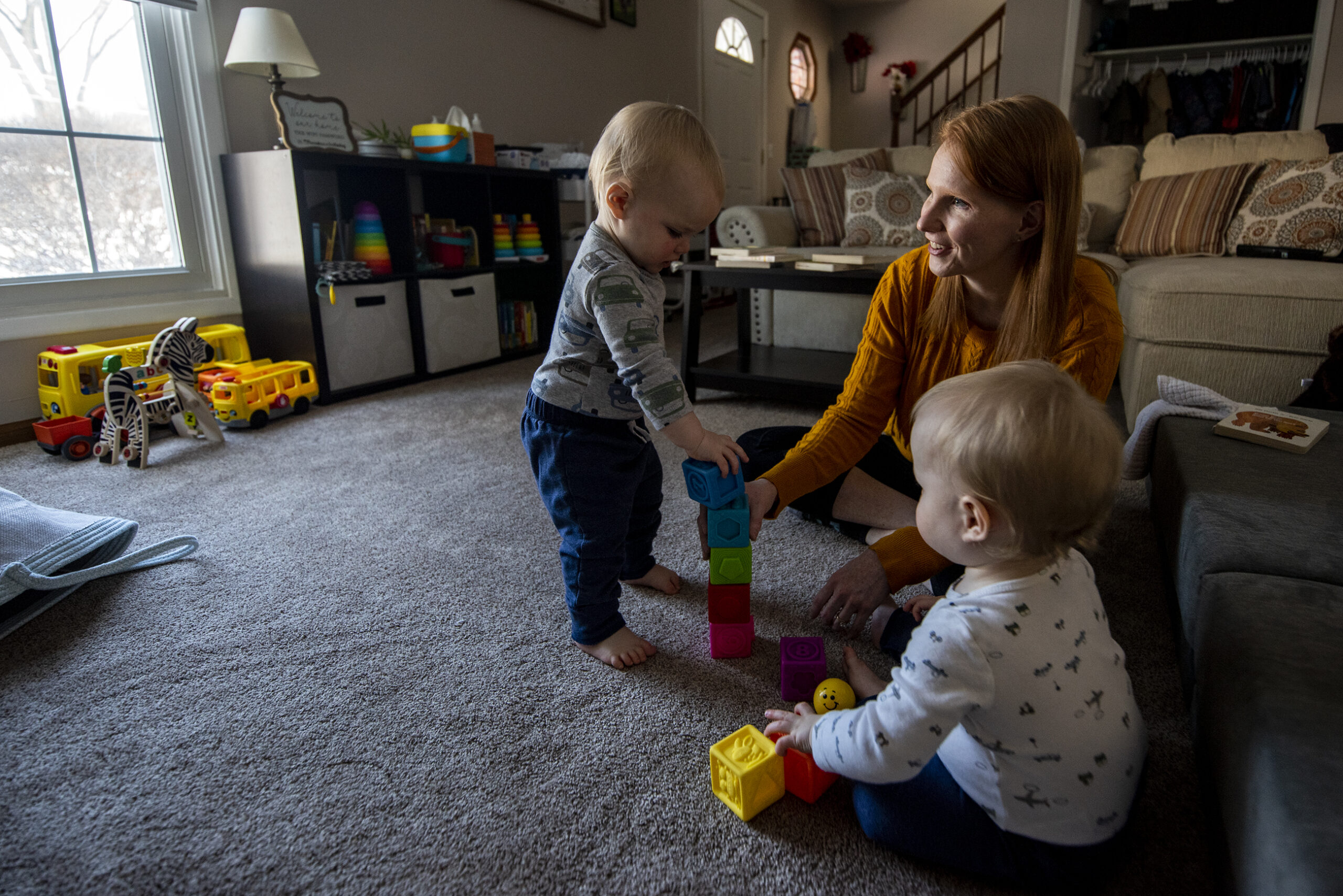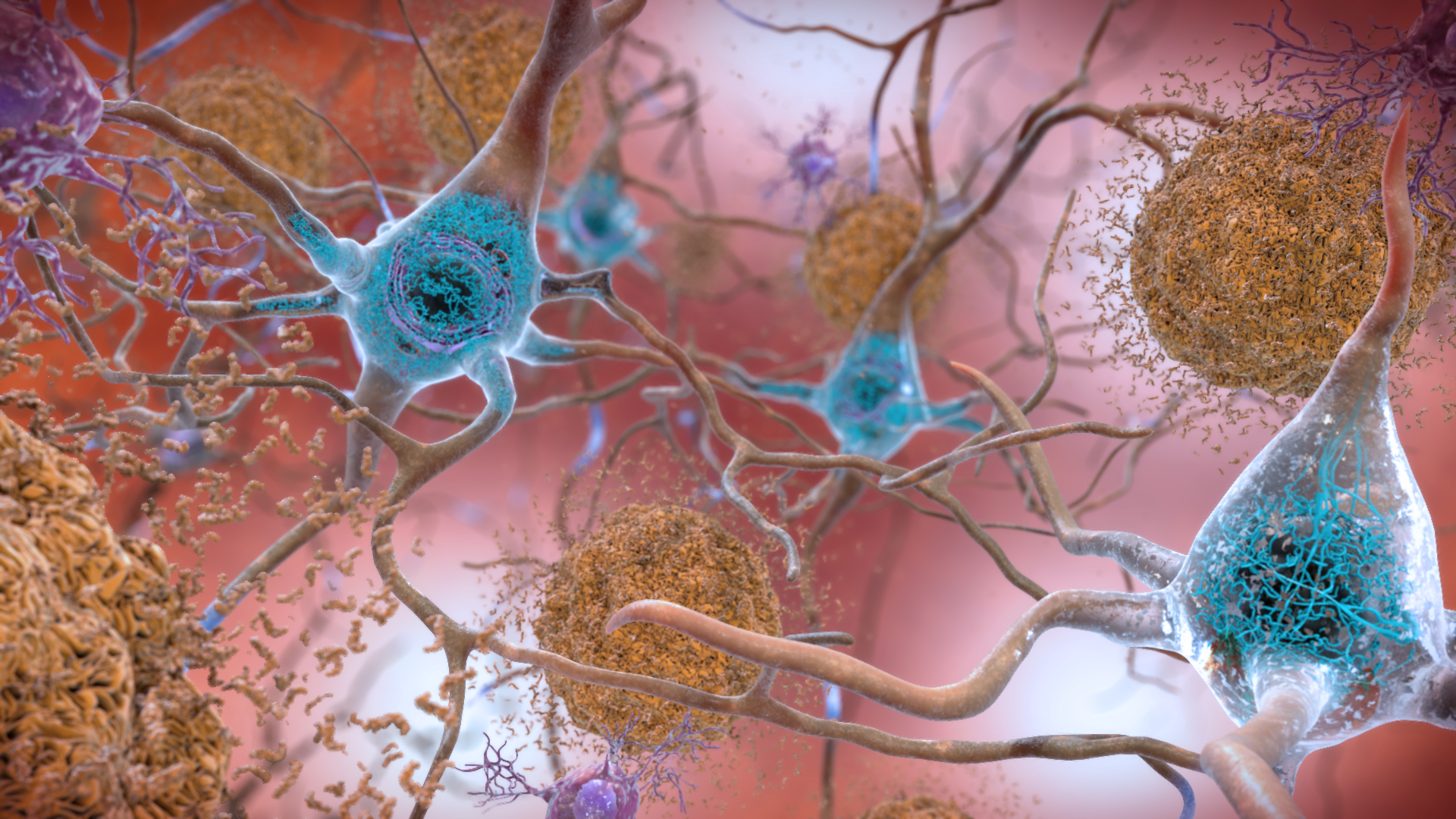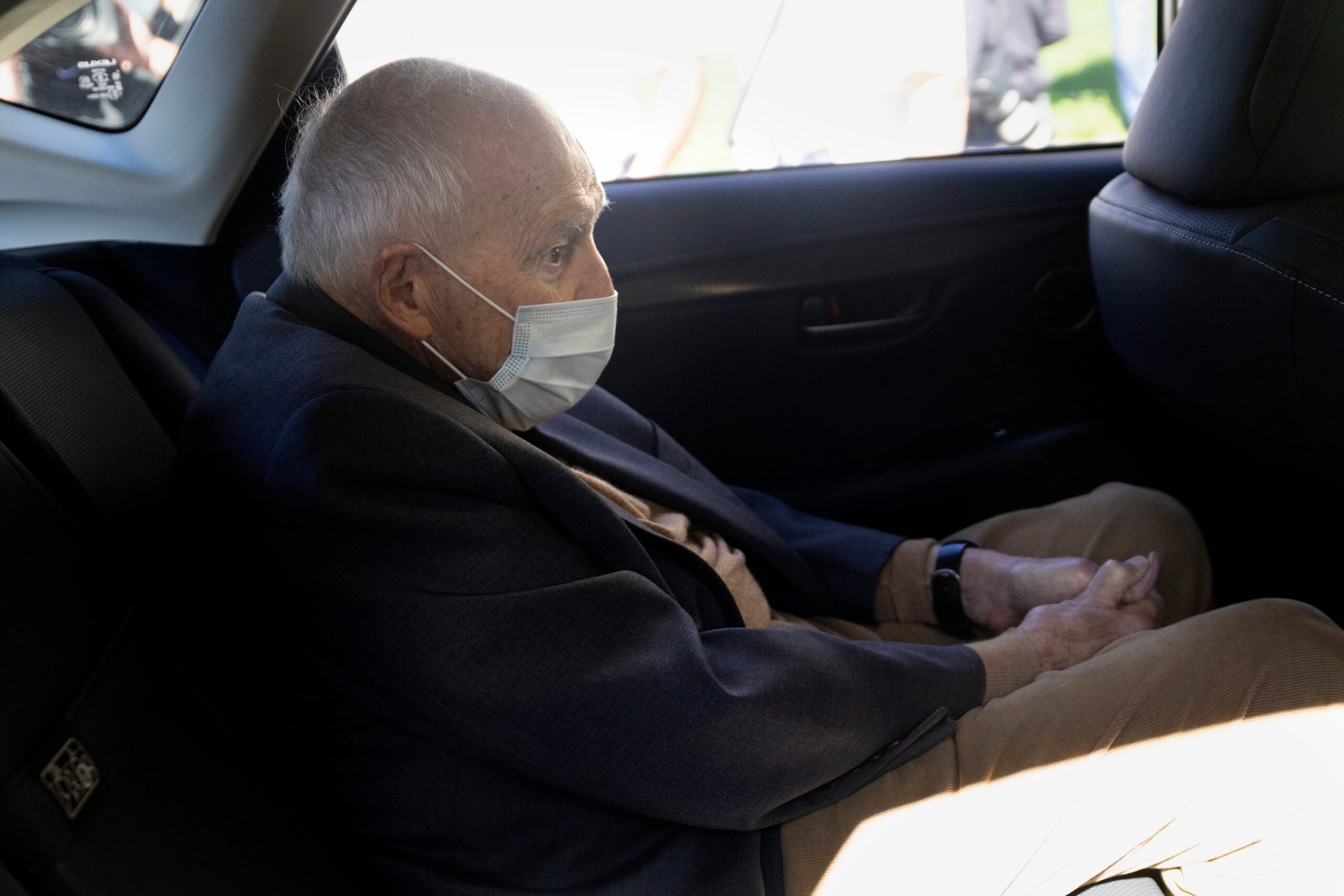Community Conversation About Dementia Care; Sarah Deer
Featured in this Show
-
Community Conversation About Dementia Care
Health care providers and others will come together in La Crosse January 26 to talk about what can be done to safely provide care to people with severe dementia.
Long term placement of someone with severe dementia has been limited in Wisconsin since a 2012 state Supreme Court decision known as Helen E.F., which changed the way courts viewed the legal status of people with dementia, from a treatable mental illness to an untreatable disease. Nursing homes and other long-term health care facilities have stopped taking most people with severe dementia, leaving their care to family members or hospitals if the person winds up in a hospital with another medical condition.
Wanda Plachecki is administrator at Lakeview Health Center in West Salem, one of La Crosse County’s nursing homes. She’s spearheading the community conversation and said many families are struggling with what to do.
“They want to keep their family member home as long as possible,” she said. “They don’t even consider other placement until there’s a lot going on, especially with behavior symptoms. They don’t have the expertise with it. They see the changes in their family member. It’s very personally distressing and sometimes it’s not safe for the individual. But now, they can’t just go to the hospital or call us (at Lakeview) up. There’s more of a process.”
The situation is also a challenge for La Crosse hospitals which can often be left to care for as many as a half dozen people at a time with dementia, and the behavioral challenges that can come with that, like anger and confusion, for anywhere from one to three months at a time because there are no other health care facilities to take them.
“Hospitals are being asked to provide a type of care that their not equipped to provide,” Plachecki said. “It’s not acute medical care. It is more of the long-term services, and that’s not what hospitals are designed to do.”
She says there are also issues with financial reimbursement for health care facilities, who will pay and is the amount appropriate for the care that’s provided.
Plachecki says the state Department of Health Services is committed to building a better system for dementia care in Wisconsin, and so far the state has focused on training, something that will be time consuming, and won’t solve the immediate placement needs.
Plachecki says that’s one of the reasons for the community conversation later this month, to come up with some ideas that would allow more health facilities to take dementia patients. She says they could possibly take proposed solutions to the state and create a pilot program that would allow the La Crosse region to try some new placement options.
The conversation is expected to involve 40-50 stakeholders from La Crosse, Vernon, Monroe and Trempealeau Counties. Plachecki says while the meeting isn’t open to the public, someone with an interest in attending can contact her at Lakeview Health Center.
-
Sarah Deer
Sarah Deer is planning to use the proceeds from a prestigious award to give voices to Native American women.
Deer is a law professor at William Mitchell College in St. Paul, Minnesota and a 2014 recipient of the MacArthur Foundation’s Genius Award for her work affecting changes to the way cases of domestic violence and sexual assault of Native American women are treated.
MacArthur Fellows are chosen for their exceptional work in their field of expertise. As part of being named a Fellow, she receives a $625,000 stipend she can use anyway she wants. Deer is contemplating writing a book or producing a movie that would give Native American women a chance to express what their lives have been like.
That’s an extension of the work Deer has been doing since the 1990’s, helping draw attention to the issue of the high rates of domestic violence and sexual assault in Native American tribes. Her work includes the 2007 Amnesty International report Maze of Injustice. Among other things, the report revealed one in three Native American women have been victims of sexual assault according to federal documents. Deer believes the instances of sexual assault among Native women are much higher.
The report was in part responsible for changes Congress made that allow tribal courts to hand down stiffer sentences for things like domestic violence and sexual assault, and for the first time in decades, tribes also have the ability to prosecute non-Native Americans who commit crimes.
Deer spoke about these issues during a visit to UW-La Crosse last fall.
Episode Credits
- Maureen McCollum Host
- John Davis Producer
- Wanda Plachecki Guest
- Sarah Deer Guest
Wisconsin Public Radio, © Copyright 2024, Board of Regents of the University of Wisconsin System and Wisconsin Educational Communications Board.




